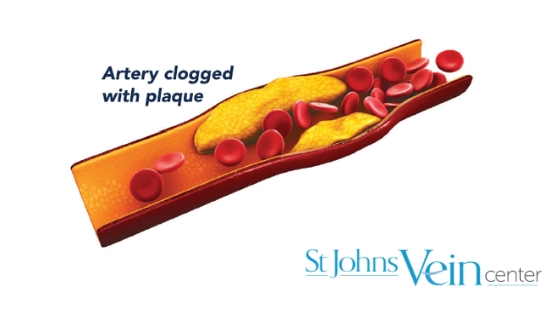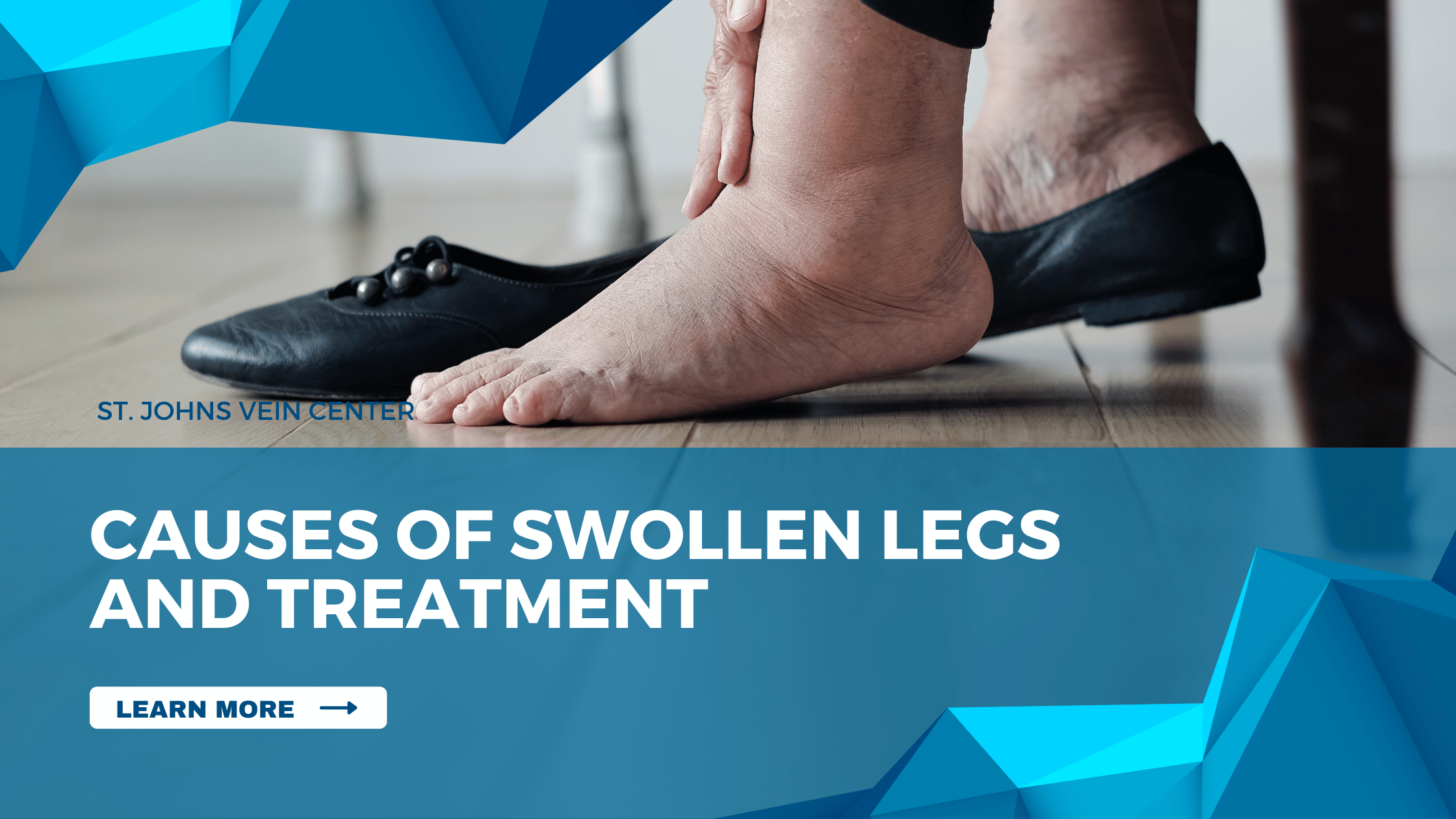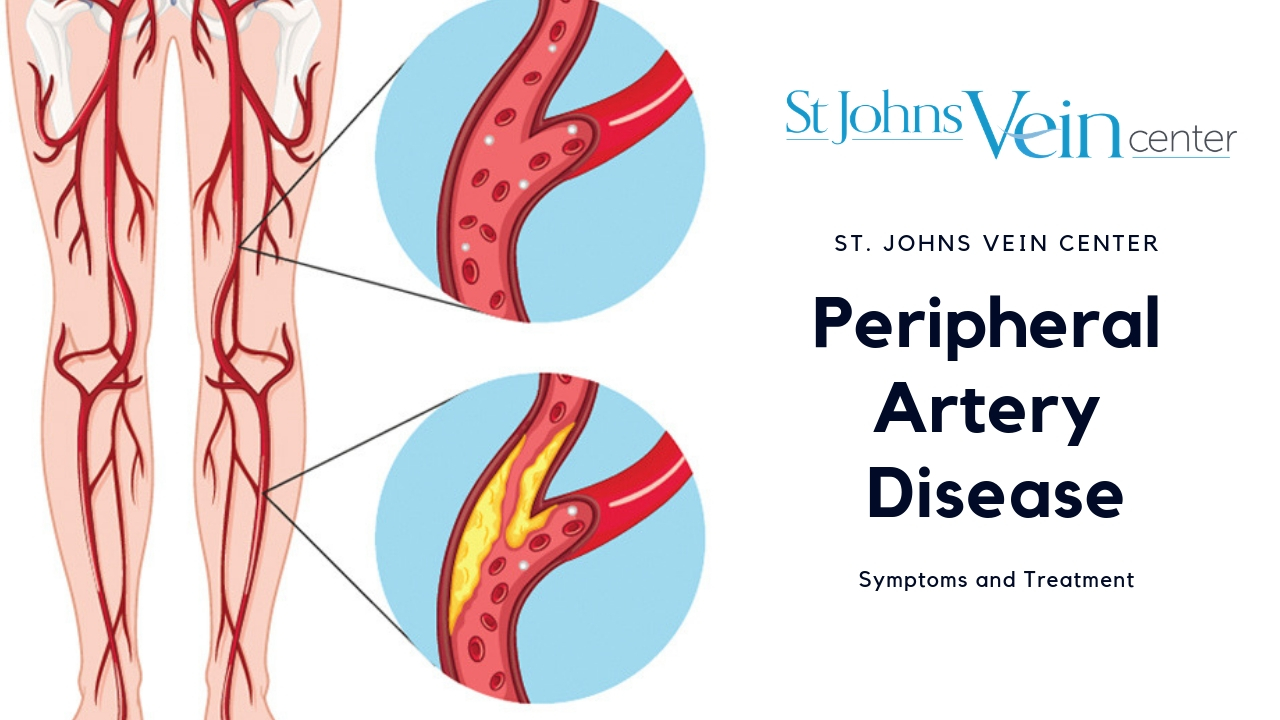How cholesterol affects your vascular health:
When it comes to vascular health, cholesterol is your worst enemy. Cholesterol forms as fatty deposits in the walls of human cells. Your body produces cholesterol, but it also comes from high-fat foods like cheese, eggs, and meat.
Cholesterol comes in two types:
Good cholesterol is called HDL or high-density lipoprotein. HDL keeps arteries from becoming blocked.
Bad cholesterol is called LDL or low-density lipoprotein. LDL is the number to watch as it can build up and cause blockages in your arteries.
Triglycerides are produced by the liver and can cause the same kind of health issues as LDL.
The buildup of cholesterol in the arteries is called plaque. As plaque builds in the arteries, it can narrow the walls of the blood vessels and eventually cause the arteries to harden which is called atherosclerosis. This leads to vascular disease, heart attack, aneurysms, stroke, and other life-threatening cardiovascular problems.
For good vascular health, you should know cholesterol levels.
*Your total cholesterol should be less than 200.
*HDL or good cholesterol should be more than 60.
*LDL or bad cholesterol should be less than 130.
*Triglyceride fats should be less than 150.
Changing your lifestyle
Slight changes in lifestyle can quickly have an impact on your vascular health. Losing just 10 pounds of weight can drop your LDL as much as 5-8 percent.
If you are having difficulty changing your lifestyle, there are medications available that can help to bring your cholesterol numbers to a healthy level.
What are statins and should you take them?
Statins, also known as HMG-CoA reductase inhibitors, are a class of cholesterol-lowering medications. Statins have been found to reduce vascular disease (CVD) and mortality in those who are at high risk of vascular disease.
Side effects are relatively rare, and there are many different kinds to try in the event your body does not tolerate one statin.
Research is showing that statins don’t just help stop plaque buildup, but they may also reduce plaque in the legs as well. Studies suggest statins stabilize the plaque so that it less likely to break off and form heart attack and stroke-causing blood clots.




